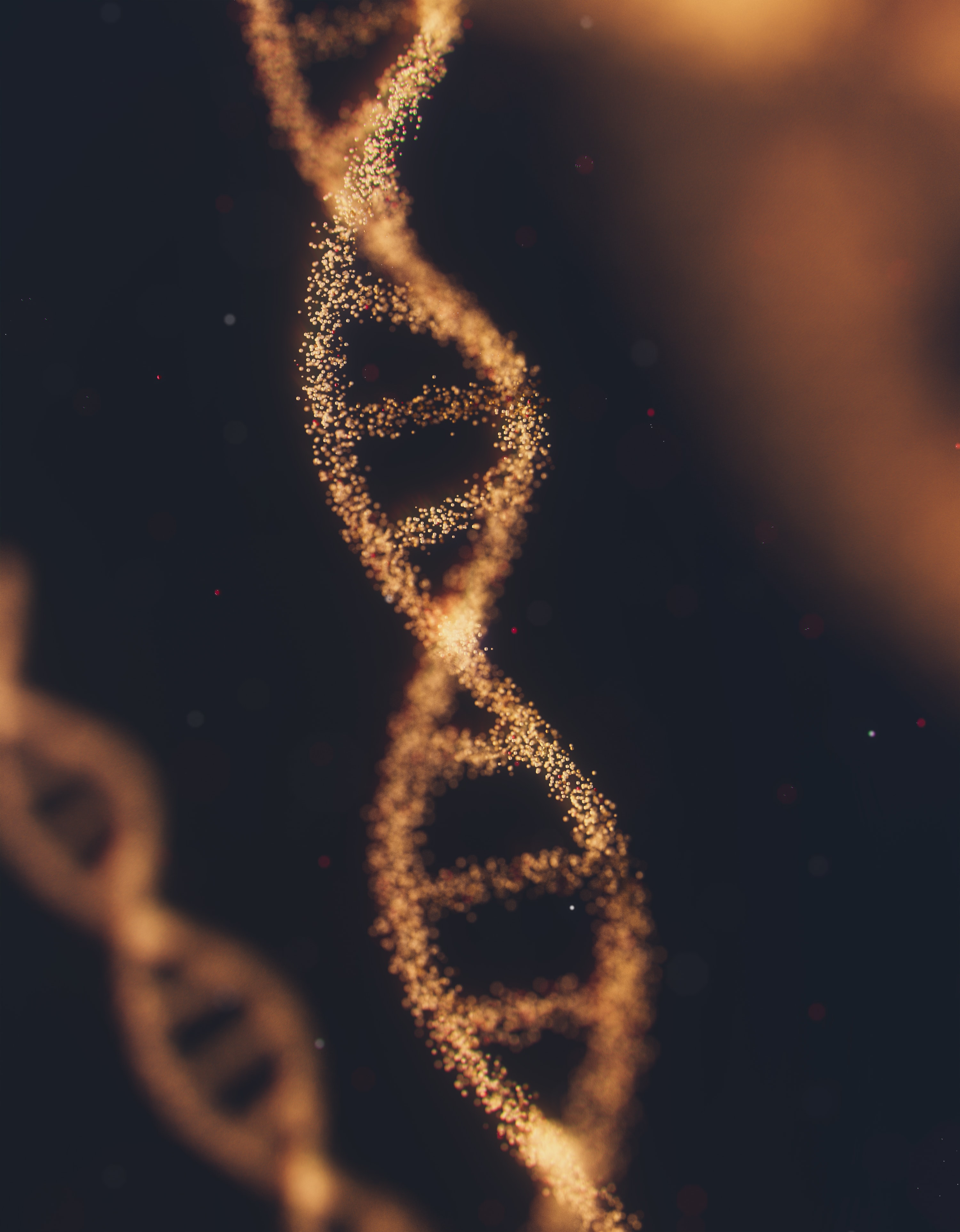Unethical studies on Chinese minority groups are being retracted — but not fast enough, critics say
By Dyani Lewis,
Nature
| 01. 24. 2024
Yves Moreau thought something was amiss when he came across a genetics paper about Tibetans in China. In the 2022 report in PLoS ONE, a team of researchers had collected blood samples from hundreds of people in the Tibet Autonomous Region of China and recorded genetic markers on their X chromosomes. The researchers concluded that this analysis was useful for forensic identification and paternity testing1.
The paper raised immediate red flags for Moreau. Over the past half-decade Moreau, who is a computational geneticist at the Catholic University of Leuven in Belgium, has become deeply concerned about the ethics of studies that report the collection of biometric data from vulnerable or oppressed groups of people2.
n this case, he worried that Chinese security forces might have been involved in the work. One concern was that the blood was collected by being blotted onto reference cards — a method of choice for police forces. Moreover, in 2022, the international advocacy organization Human Rights Watch, among others, had reported that a mass DNA-collection programme of Tibetan populations was...
Related Articles
By Arthur Lazarus, MedPage Today | 01.23.2026
A growing body of contemporary research and reporting exposes how old ideas can find new life when repurposed within modern systems of medicine, technology, and public policy. Over the last decade, several trends have converged:
- The rise of polygenic scoring...
By Stephanie Pappas, LiveScience | 01.15.2026
Genetic variants believed to cause blindness in nearly everyone who carries them actually lead to vision loss less than 30% of the time, new research finds.
The study challenges the concept of Mendelian diseases, or diseases and disorders attributed to...
By David Cox, Wired | 01.05.2026
As he addressed an audience of virologists from China, Australia, and Singapore at October’s Pandemic Research Alliance Symposium, Wei Zhao introduced an eye-catching idea.
The gene-editing technology Crispr is best known for delivering groundbreaking new therapies for rare diseases, tweaking...
By Josie Ensor, The Times | 12.09.2025
A fertility start-up that promises to screen embryos to give would-be parents their “best baby” has come under fire for a “misuse of science”.
Nucleus Genomics describes its mission as “IVF for genetic optimisation”, offering advanced embryo testing that allows...




